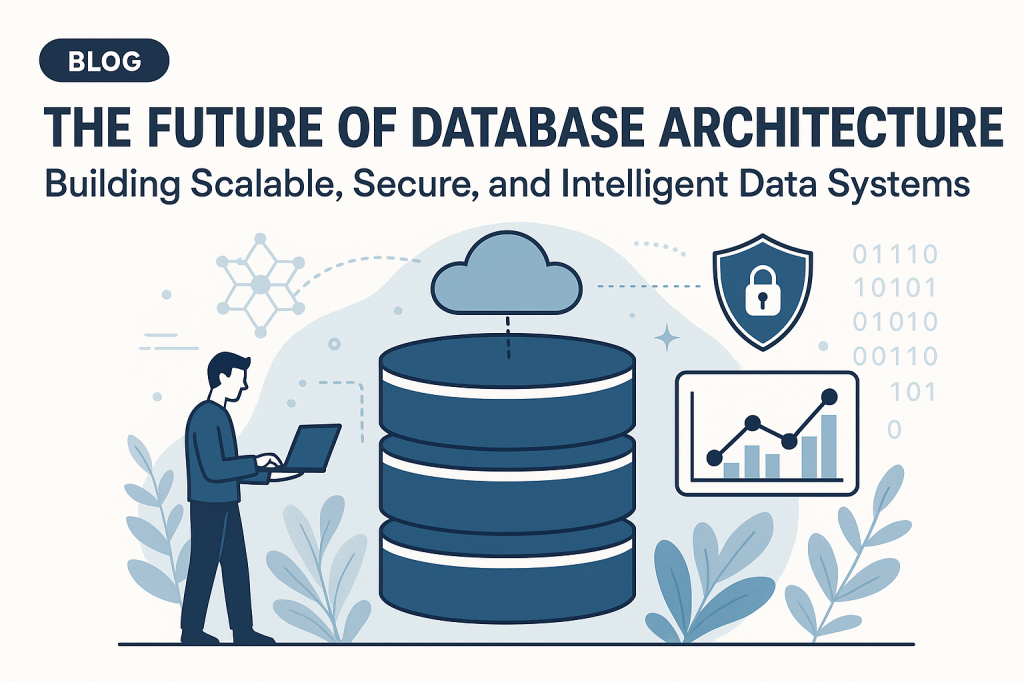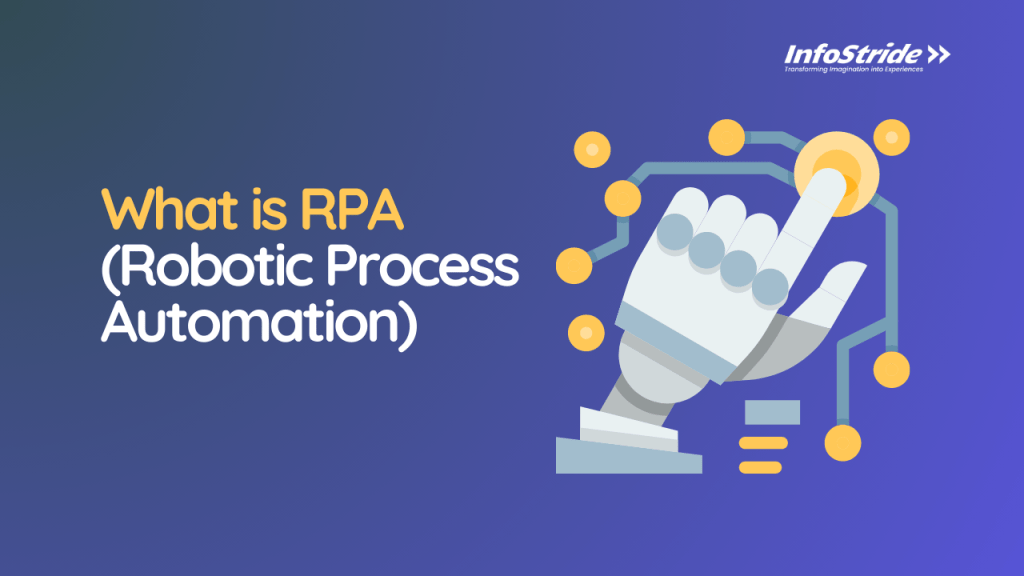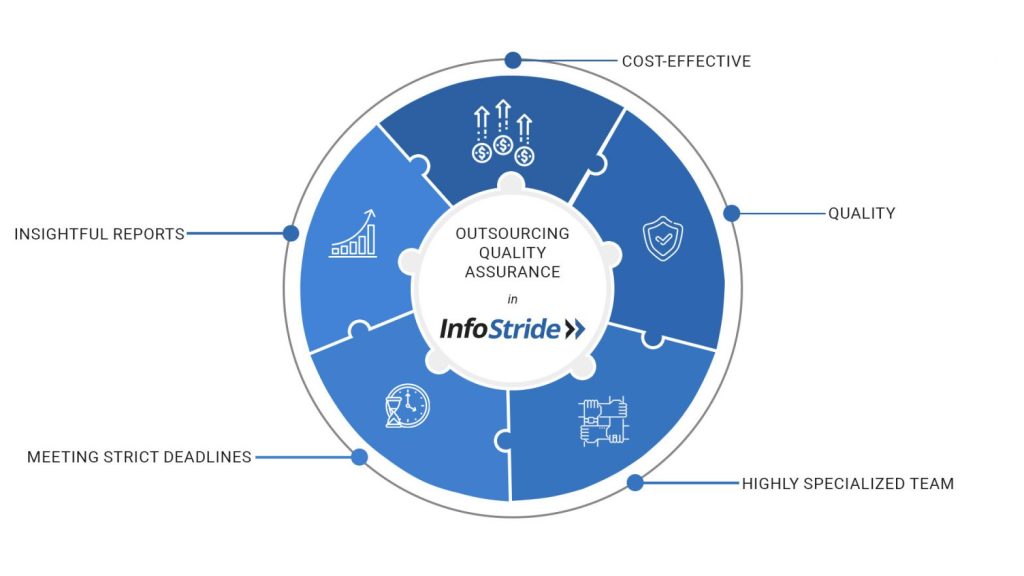Table of Content
Introduction
The world has changed in terms of how it views money and cryptocurrency has emerged as one of the most lucrative ways to diversify its capabilities. Cryptocurrency has gained immense popularity in recent years, and it’s important to understand the different types of wallets that exist to store them.
One of the main differences in cryptocurrency wallets is whether they are custodial or non-custodial. In this blog, we will discuss the differences between the two types of wallets. However, before we dive into the difference between custodial and non-custodial wallets, let’s first define what cryptocurrency wallets are.

What are Cryptocurrency Wallets?
A cryptocurrency wallet is a software program that stores private and public keys and interacts with various blockchain networks to enable users to send, receive, and manage their cryptocurrencies.
Participating in the evolving crypto landscape is irresistible in any scenario, and there are various ways to obtain cryptocurrency, such as buying it through an exchange or receiving it as payment or rewards. Regardless of the method, it is crucial to have a secure wallet to store your crypto assets. A wallet generates a unique address that serves as an identifier on the blockchain.
Crypto wallets utilize two types of keys: public keys and private keys. Public keys can be shared with others, while private keys function as passwords to protect your assets. Safeguarding your private key is of utmost importance, as it grants access to all your crypto assets and tokens.
There are two main categories of wallets based on fund security: custodial and non-custodial wallets. It is essential to thoroughly understand the differences between them to make an informed choice for your crypto endeavors. A comprehensive overview of each wallet type, followed by a comparison of custodial and non-custodial wallets based on specific factors, can aid in selecting the right option.
Also read: Top 5 Disruptive technology trends to look out for in 2023-2024
Custodial Wallets
A custodial wallet is a type of cryptocurrency wallet that is managed by a third party. In this case, the third party takes custody of the user’s cryptocurrency, and the user does not have control over their private keys. This means that the third party is responsible for securing the user’s cryptocurrency and ensuring that it is safe. It’s worth noting that the essence of cryptocurrency lies in having complete control and ownership of your money. However, custodial crypto wallets undermine this fundamental aspect, as they involve relinquishing control of your funds to a third party. This goes against the decentralized nature of digital currencies and can diminish the investment appeal.
When using a custodial wallet, you essentially entrust the security of your funds to another individual or entity. While reputable custodial wallet providers are unlikely to steal users’ funds, there have been instances where users were locked out of their wallets without prior notice, preventing them from accessing their cryptocurrency. Such occurrences, like those experienced by users, raise concerns about the reliability of custodial wallets.
The main advantage of a custodial wallet is that it’s easy to use. The user does not need to worry about the technical details of storing their cryptocurrency, as the third party manages it for them. This makes it an ideal option for beginners who are new to cryptocurrency and may not be familiar with the technical aspects of managing their wallets.
However, there are also some disadvantages to using a custodial wallet. Firstly, the user has to trust the third party to manage their cryptocurrency properly. This means that if the third party is hacked, the user’s cryptocurrency may be lost. Secondly, the user does not have complete control over their cryptocurrency, and they may not be able to access it if the third party goes out of business.
Read now: A Comparison of AWS vs Azure vs Google Cloud: Choosing the Right Cloud Platform for Your Business
Non-Custodial Wallets
On the other hand, a non-custodial wallet is a type of cryptocurrency wallet where the user has complete control over their private keys. This means that the user is responsible for securing their cryptocurrency and ensuring that it is safe.
Non-custodial crypto wallets offer several advantages, but they come with an important requirement: users must have a basic understanding of wallet backup and restoration. Additionally, users bear the responsibility for the security of their cryptocurrency when using non-custodial wallets. This implies the need for knowledge on securely backing up a wallet.
Typically, the private key is represented by a 12 to 24-word recovery phrase. Users must store this recovery phrase in a secure location. For example, it can be written down on paper and kept in a safe place or typed into a document on a computer and stored securely on a hard drive in a protected location.
The main advantage of a non-custodial wallet is that the user has complete control over their cryptocurrency. This means that they can access their cryptocurrency at any time, and they do not have to worry about a third party managing their funds. Additionally, non-custodial wallets tend to be more secure, as the user is in control of their private keys. However, there are also some disadvantages to using a non-custodial wallet. Firstly, they can be more difficult to use, as the user is responsible for managing their cryptocurrency. Secondly, if the user loses their private key, they may lose access to their cryptocurrency forever.
Comparison
Now that we have discussed the differences between custodial and non-custodial wallets let’s compare them side by side:
Security: Non-custodial wallets are generally more secure than custodial wallets as the user has complete control over their private keys.
Ease of use: Custodial wallets are generally easier to use than non-custodial wallets, as the user does not need to worry about the technical aspects of managing their wallet.
Control: Non-custodial wallets give the user complete control over their cryptocurrency, whereas custodial wallets give control to a third party.
Trust: Custodial wallets require the user to trust a third party to manage their cryptocurrency, whereas non-custodial wallets do not require any trust in a third party.
Cost: Custodial wallets may have additional fees associated with them, whereas non-custodial wallets are often free to use.
Read now: 5 Best Cross-Platform App Development Frameworks in 2023
Conclusion
In conclusion, both custodial and non-custodial wallets have their advantages and disadvantages. The choice between the two ultimately comes down to personal preference and what the user values more – ease of use or security. While custodial wallets are easier to use, they require the user to trust a third party to manage.
At InfoStride, we strive to serve you better with the right tools to meet your needs. Let’s connect to find out what the best options for your requirement are today!
THE AUTHOR
Infostride










